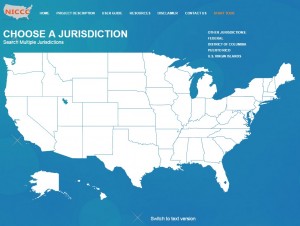Brady: New Decision Holds Ethical Requirements are Broader Than Constitutional Requirements
In a clear, well-reasoned decision, the DC Court of Appeals has held that a prosecutor’s ethical responsibility to disclose exculpatory evidence is significantly broader than the Brady standard and does not contain a “materiality” requirement. While the decision is binding only on attorneys who practice in DC it will cover many federal prosecutors.
The case came to the court based on a report and recommendation of the Board on Professional Responsibility that had recommended a 30-day suspension for a federal prosecutor who violated Rule 3.8(a) of the DC Rules of Professional Conduct. The charges arose in a felony assault case involving a drive-by shooting where the defendant filed an alibi notice. The issue was the reliability of the identification; significantly, what the prosecutor failed to disclose was that the victim had said after the shooting, at the hospital, was that he did not know who shot him. The first trial ended in a mistrial when the jury could not agree. Although after the first trial a subsequently assigned prosecutor revealed the statement, the second trial ended in a conviction.
Among his various arguments, Kline argued that his ethical obligation was co-extensive with his Brady obligation. The court soundly rejected this argument, and its explanation for why post-conviction materiality cannot be used to judge ethical conduct is notably clear and to the point. The court also surveyed the various conflicting decisions nationwide about whether the two standards are co-extensive. Meanwhile, because of a confusing sentence in the commentary to the DC rule, the court determined not to sanction the prosecutor.
Related Readings:
- In Re Andrew J. Kline, No. 13-BG-851 (D.C. Apr. 9, 2015).
- Alec, DC: Appeals Court Holds Ethical Duty to Disclose is Broader than Brady Standard, The Open File (May 5, 2015).

